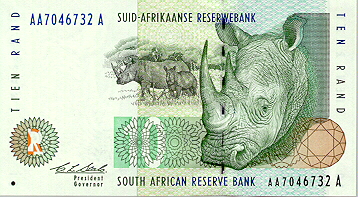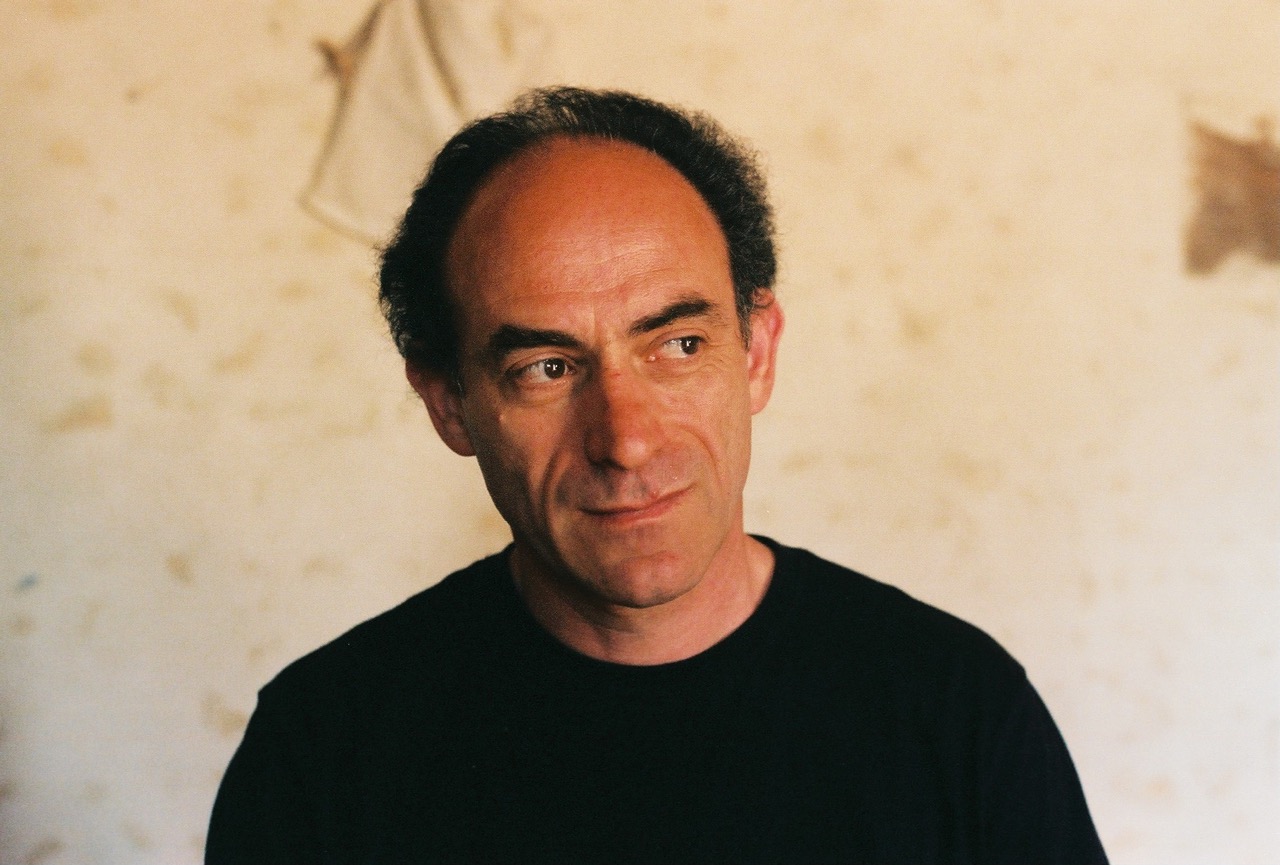South africa apartheid
Data: 4.03.2018 / Rating: 4.7 / Views: 530Gallery of Video:
Gallery of Images:
South africa apartheid
History of apartheid in South Africa, from 1653 to the present day. Christopher, The Atlas of Apartheid, RoutledgeWUP, 1994, nouvelle dition sous le titre Atlas of Changing South Africa Paul Coquerel, L'Afrique du Sud des Afrikaners, 1992, ditions complexe, 303p When South Africa buried apartheid with its first allrace election in 1994, the Rev. Desmond Tutu danced with joy as he cast his ballot. He called it a religious experience, a transfiguration. The Apartheid Legislation in South Africa was a series of different laws and acts which were to help the apartheidgovernment to enforce the segregation of. Among the many social and political movements that have used song to give voice, cohesion, and power to its people, the antiapartheid movement in South Africa utilized music in. American corporation IBM was the largest computer supplier in South Africa throughout the years of apartheid. In 1978 alone, IBM's South African sales jumped 250; total annual sales amounted to approximately three hundred million dollars in 1982. Apartheid is an Afrikaans word that means separation. It is the name given to the particular racialsocial ideology developed in South Africa during the twentieth century. At its core, apartheid was all about racial segregation. It led to the political and economic discrimination which separated. Apartheid Museum, Johannesburg (Hrsg. : Women's struggles in 20th century South Africa. [2006 Museumsbroschre ber den Beitrag politisch aktiver Frauen in der sdafrikanischen reich illustriert (englisch) The Truth About South Africa and Apartheid 1: 23: 01. The following content has been identified by the YouTube community as inappropriate or offensive to some audiences. Apartheid was a system of legal racial separation which dominated the Republic of South Africa from 1948 until 1993, However, the mechanisms of apartheid were set in place long before 1948, and South Africa continues to deal with the repercussions. Apartheid is the name of the racial institution that was established in 1948 by the National Party that governed South Africa until 1994. The term, which literally means apartness, reflected a violently repressive policy designed to ensure that whites, who comprised 20 of the nation's. Watch videoUnder apartheid, South Africa's police were notorious for extrajudicial killings and the routine use of torture against political dissidents. Only later did it emerge that these same techniques. Apartheid in South Africa Apartheid is the political policy of racial segregation. In Afrikaans, it means apartness, and it was pioneered in 1948 by the South African National Translated from the Afrikaans meaning 'apartness apartheid was the ideology supported by the National Party (NP) government and was introduced in South Africa in 1948. Apartheid called for the separate development of the different racial groups in South Africa. During most of the 20th century, South Africa was ruled by a system called Apartheid, an Afrikaans word meaning 'apartness, ' which was based on a system of racial segregation. The Apartheid policy was supported by various Afrikaans newspapers and Afrikaner 'cultural movements' such as the. It was since 1948 that the National Party imposed policies of racial segregation against the predominant nonwhite population of South Africa. Thus began what is considered by many to be the most tumultuous period of South African history. Historyplex traces the timeline of apartheid in South Africa. The painful truth about the history of apartheid in South africa and the miracle of peace in South Africa after apartheid. Download PDF Version Continue to ICNC home page Access more Nonviolent Conflict Summaries By Lester Kurtz June 2010 Conflict Summary: The iconic struggle between the apartheid regime of South Africa and those who resisted it illustrates the complexity of some cases of civil resistance. Originally the use of civil resistance against apartheid was based on. CROSSROADS, South Africa The end of apartheid was supposed to be a beginning. Judith Sikade envisioned escaping the townships, where the government had forced black people to live. The political system of apartheid governed every aspect of life in South Africa from 1948 to 1991. In practice, apartheid enforced a racial hierarchy privileging white South Africans and under. A Look Back at South Africa Under Apartheid, TwentyFive Years After Its Repeal Segregated public facilities, including beaches, were commonplace, but even today, the inequality persists 1. Violent crime has declined since the end of Apartheid in 1994, but South Africa still faces one of the highest murder rates in the world. South Africa stands among the top ten murder rates worldwide and fourthranked in absolute numbers. South Africas murder rate is estimated to be nine. Apartheid was a system of government in South Africa, abolished in 1994, which systematically separated groups on the basis of race classification. Since 1994, when the African National Congress came to power and apartheid was finally ended, South Africa has struggled to even begin to undo these centuries of divisive planning. Apartheid was a political and social system in South Africa while it was under white minority rule. This was used in the 20th century, from 1948 to the early 1990s. This was used in the 20th century, from 1948 to the early 1990s. T he nowdefunct apartheid system of South Africa presented a fascinating instance of interestgroup competition for political advantage. In light of the extreme human rights abuses stemming from apartheid, it is remarkable that so little attention has been paid to the economic foundations of that torturous social structure. The conventional view is that apartheid was devised by affluent. The 1953 Bantu Education Act was one of apartheid's most offensively racist laws. It brought African education under control of the government and extended apartheid to black schools. It brought African education under control of the government and extended apartheid to black schools. Apartheid, under which the white minority held power over the entire population, was met with strong internal and external resistance, prompting global boycotts of sales and trade with South Africa. The most powerful form of resistance, however, was the refusal of South African blacks to remain prisoners in their own land. The United Nations General Assembly had denounced apartheid in 1973, and in 1976 the UN Security Council voted to impose a mandatory embargo on the sale of arms to South Africa. Apartheid South Africa ( ) Please note this page is still under construction. We speak out to put the world on guard against what is happening in South Africa. The brutal policy of apartheid is applied before the eyes of the nations of the world. JOHANNESBURG, South Africa Twenty years since the end of apartheid. Twenty years since South Africa held its historic first democratic elections, and people of all races had their say at last. In South Africa the white people are in the minority, and many were worried that they would lose their jobs, culture and language which explains how people were thinking. Apartheid Laws For many, particularly outside of South Africa, the name Soweto evokes an image by Sam Nzima made during the 1976 Soweto Uprising. In that iconic photograph, 18yearold Mbuyisa Mahkubo carries Hector Pieterson, a 13yearold boy who was fatally wounded when police fired on students protesting the. Disinvestment (or divestment) from South Africa was first advocated in the 1960s, in protest of South Africa's system of apartheid, but was not implemented on a significant scale until the mid1980s. The disinvestment campaign, after being realized in federal legislation enacted in 1986 by the United States, is credited by some as pressuring the South African Government to embark on. The rise of apartheid in 1948 was a complex phenomenon. Some historians view it as a 20thcentury development, closely linked to the peculiar evolution of South African capitalism, with its strong reliance on cheap black labor as advocated by Cecil Rhodes in the quote above. Other articles where History of South Africa is discussed: South Africa: History: The prehistory and history of South Africa span nearly the entire known existence of human beings and their ancestorssome three million years or moreand include the wandering of small bands of hominins through the savanna, the inception of herding and farming as ways of Johannesburgs Apartheid Museum, assembled by a multidisciplinary team of architects, curators, filmmakers, historians and designers, takes the visitor on a powerful emotional journey into South Africas past, bringing to life the story of a statesanctioned system based solely on racial discrimination. After 27 years in prison Nelson Mandela was freed in 1990 and negotiated the end of apartheid in South Africa bringing peace to a racially divided country and leading the fight for. It's been 20 years since the end of apartheid in South Africa, the system of racial segregation that curtailed the rights of black South Africans for decades. The History of Apartheid in South Africa. South Africa (see map) is a country blessed with an abundance of natural resources including fertile farmlands and unique mineral resources. South African mines are world leaders in the production of diamonds and gold as well as strategic metals such as platinum. South African actor who won international acclaim with the antiapartheid dramas Sizwe Banzi Is Dead and The Island Published: Theresa May dances at South Africa school on first day of trade trip. Apartheid, the Afrikaans name given by the whiteruled South Africa's Nationalist Party in 1948 to the country's harsh, institutionalized system of racial segregation, came to an end in the early 1990s in a series of steps that led to the formation of a democratic government in 1994. Chronological history of South Africa up to 1947 (and link to history from 1948). History of South Africa (including apartheid) is later to become Anglican Archbishop of South Africa and in 1984 to win a Nobel Peace Prize for his opposition to apartheid in South Africa. Women are allowed to become affiliate members of the ANC. South Africa's apartheid is a familiar concept the world over. But what did it actually look like? Established in 1948 under the racialist National Party, apartheid not only meant separate and. Mandela has been central to every stage of South Africas epic struggle against apartheid from formulating a new approach in the 1940s to leading the mass struggles of the 1950s, from the formation of Umkhonto we Siswe in the early 1960s to imprisonment for 27 years. Apartheid: Apartheid, in South Africa, a former policy of racial segregation and political and economic discrimination. , apartness, system of racial segregation peculiar to the Republic of South Africa [1, the legal basis of which was largely repealed in. A chronology of key events in the history of South Africa from 4thcentury migrations to the present day. 1990: De Klerk dismantles apartheid in South Africa.
Related Images:
- Smaak van de keyser
- Blazing angels squadrons
- Children of men nl
- Vol
- 27 sep bold and beautiful
- Bright eyes digital ash
- Non si deve profanare il sonno dei morti
- Fawlty towers serie 3
- Corel Paint Shop Pro Photo
- NCIS s09 french
- Lloyd bank beamer benz or bentley
- A night and the day
- Conan the movie 15
- Revenge 2013 s02e15 x264
- Face off 1997 xvid
- Zac brown highway
- The girl kicked the hornets
- Pc game ita pirates
- Ninja turtles dvdrip
- Frontline 2 mod
- Greatest hits 3 doors
- I wont let you down
- Indiana jones subtitles
- Tomb Raider Anniversary pc
- Monty python flying circus season 1
- The Complete Illustrated kama sutra
- Cross cultural communication
- Entourage saison 1
- The ruin 2008
- Greek
- Huub van der lubbe
- Genuine windows 7 2014
- Microsoft windows 7 ultimate 2014
- Digital tutors urban
- Continuum s02e12 hdtv x264
- The twelve kingdoms
- Smash S01E12 720p
- Cherie dj antoine
- Oprah winfrey legends
- Alle for en dansk
- City navigator 201
- Le divorce 2003
- Wiz khalifa feat snoop dogg
- Pilates workout ball
- X files i want
- Beauty beast 3d 1080p
- The white hair witch
- The Philadelphia Experiment 2012
- Monte carlo dvd
- CHER LLOYD SORRY IM LATE ALBUM
- Red hot chili peppers ep
- Water and chocolate
- SEX MOD Minecraft Mod
- John lennon rock and roll
- Left 4 dead 1017 patch
- Ed sheeran 2006
- Hip dont lie
- Fire and fury
- Anthony bourdain beirut
- At you japan
- Women of king
- Keri hilson got your back
- Ae chaika 720
- Im the only one
- Matter and motion
- My friends julia ann
- Ti feat iggy
- Siren The Temptress 2013
- Constantine in hindi
- Haunted house 2 a
- Event horizon 1080p
- Feeling the feelings
- Crack battlefield 4
- Scorpion s01e01 1080p
- Greys anatomy s06e20 hdtv xvid 2hd
- Cat and sam
- Knick ettv x264












